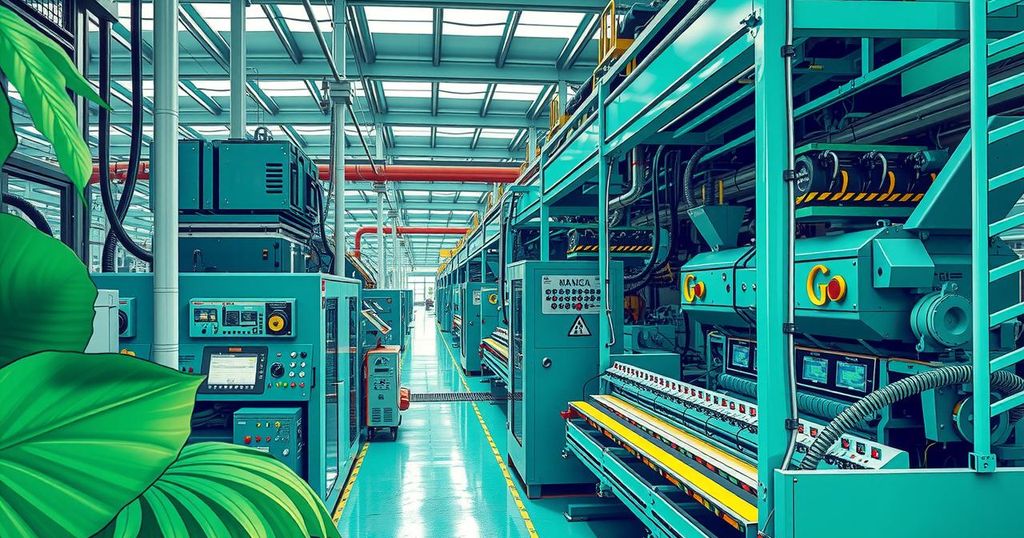President Lula acknowledges the challenges for Indigenous communities in the Amazon and emphasizes their role in combating climate change. He has restarted the designation of protected Indigenous territories, but leaders express concerns over the slow process. Additionally, the proposed offshore oil project raises fears about environmental damage and climate impact, with calls for reconsideration from indigenous leaders like Chief Raoni.
Brazilian President Luiz Inacio Lula da Silva acknowledged the ongoing challenges faced by Indigenous communities in the Amazon rainforest, stating that his administration “still has a lot to do” to support their efforts for survival. This statement was made during a visit to Chief Raoni Metuktire’s village, a prominent advocate for the Amazon, ahead of the UN climate change conference that Lula will host in Belem this November.
During his visit to the Capoto-Jarina Indigenous Territory in Mato Grosso state, President Lula emphasized the crucial role that Indigenous communities play in combating climate change. His remarks coincide with an upcoming rally in Brasilia, where thousands of Indigenous Brazilians are expected to gather to voice their issues. Since returning to power in 2023, Lula has revitalized the process of designating Amazon land as protected Indigenous territory, which had been stalled during his predecessor Jair Bolsonaro’s administration.
Despite these efforts, Indigenous leaders express concerns over the slow progress of land demarcation. Current data indicates that these demarcated areas experience significantly lower rates of deforestation than lands not designated as Indigenous. Moreover, Chief Raoni has called upon Lula to reconsider plans for an offshore oil project at the Amazon River’s mouth, a development that the president supports for its economic potential.
The Indigenous communities fear that this offshore project may inflict irreversible damage on the rainforest and contaminate local waterways. Climate advocates also warn that increasing oil extraction could elevate Brazil’s carbon emissions at a time of severe climate change, which has contributed to disastrous wildfires in the Amazon last year. During their meeting, Raoni cautioned Lula, stating, “If things remain the same, we can protect the environment, with less pollution and warming.”
The proposed offshore project, located in the Equatorial Margin, awaits approval from Brazil’s environmental protection agency before proceeding further.
In summary, President Lula has recognized the significant challenges facing Indigenous communities in the Amazon, signaling a commitment to support their rights and environmental protection. However, the pace of land demarcation remains a concern among Indigenous leaders. Additionally, proposed oil extraction projects pose significant risks to the Amazon’s ecology, raising alarms among climate advocates about potential increases in pollution and deforestation rates. The ongoing dialogue and action taken will be crucial as Brazil navigates its environmental responsibilities and economic ambitions.
Original Source: www.france24.com




